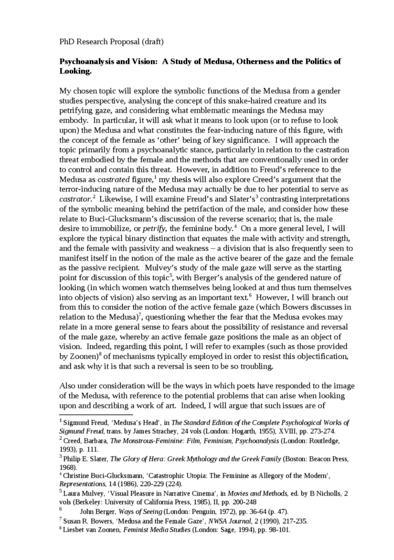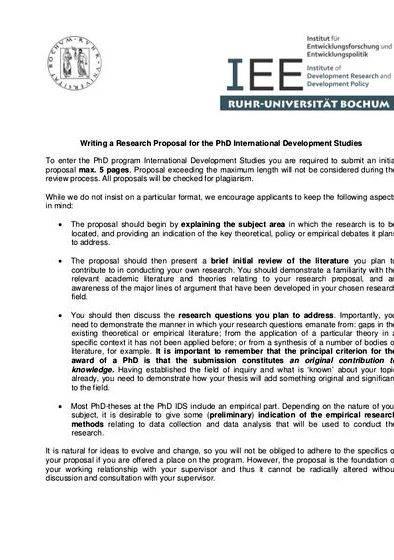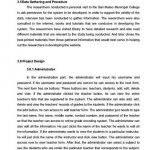One of the most common questions asked by PhD applicants is “How do I write a research proposal”? In order to answer this question it is important to understand the following.
A research proposal is a document of around 3000-4000 words outlining the research you are going to undertake. The majority of universities require PhD applicants to submit a research proposal when applying for a PhD position.
Apart from being an essential requirement for PhD entry, a research proposal helps your future supervisors to better understand your line of thinking, experience in doing research and how you are planning to go about writing your thesis. In addition to this, a research proposal is a great tool that can help you to structure your thinking and outline the path you would like to follow during your PhD studies.
Before you start writing a research proposal, carefully check the website of the university you are applying for. Many universities provide guidelines on writing research proposals that will help you both to structure your thinking and meet the requirements of a specific university.
Regardless of university specific requirements, most of the research proposals usually include:
- Title and abstract: In case of predefined PhD projects, a title is usually provided by the university. In other cases, an applicant is expected to provide a preliminary title which will be further elaborated in the process of thesis writing. An abstract should usually be no longer than a page, and provide a brief summary of what you are going to cover in your research proposal.
- Literature review: The literature review demonstrates the applicant’s knowledge of the main research achievements in the area of study. You should pay attention to providing some of the key references in your area of research which requires doing extensive research on your part.
- Research problem, aim and objectives: As a result of your literature review, you should identify the main gap in your research area on which you are going to focus in your PhD project. Once the research problem is identified, you will be able to pose the main aim and objectives of your project.
- You should dedicate some space to Research methodology. or, in other words, explaining how you are going to go about doing your research. This section also demonstrates your knowledge of the existing research methodologies in your area of study.
- Ethical considerations: You should check some literature on ethics of conducting research in your area and outline some key ethical aspects related to the proposed project.
- Increasingly applicants are asked to outline the impact of their research studies. This can include both the impact on your research area and society in general. It is important to dedicate some time to this section since it will add more value to your proposal.
- References: Do not forget to specify all the references at the end of the proposal.
An obvious but very important point is the format of your research proposal. Make sure that the formatting of the document is consistent throughout and that the structure is clear.

If possible, it can be a good idea to give the document to your academic tutor or colleague for revision.
It is important to remember that a research proposal is a provisional rather than a definitive document. It will most likely change extensively during the first several months of your PhD programme. Nevertheless, at the stage of application it is an essential document that helps evaluators make their decision in relation to your application. Therefore, it is worth investing time and effort in it!





 Tiyak na suliranin thesis proposal
Tiyak na suliranin thesis proposal Data gathering procedure and output thesis proposal
Data gathering procedure and output thesis proposal In country bobbie ann mason thesis proposal
In country bobbie ann mason thesis proposal Media studies phd thesis proposal
Media studies phd thesis proposal Pour ou contre luniforme scolaire dissertation proposal
Pour ou contre luniforme scolaire dissertation proposal






